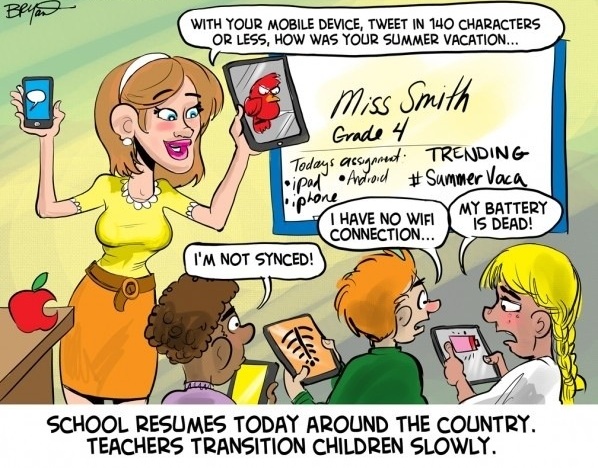Often times I wake up in the morning and feel overwhelmed by
my day to day duties. I wake up with barely any sleep, go to class and get fed
massive amounts of homework, go home and try to get everything turned in
on-time, and then head off to work so that I can continue to go through this
struggle thought to be an opportunity. I see some of my peers getting on just
fine, though. Those are the ones that come from money.
Money plays a large part in the college experience and can
even decide if you graduate or not. I know that if I wasn’t getting my school
paid for by UPS I wouldn’t be able to afford college and would probably not go.
Although I appreciate the opportunity to work my way through school, in the
back of my mind I envy those who don’t have to work at all.
College classes seldom take into account that the average
student has to work in order to even attend class. For a student to graduate on
time in a four year university, they would have to take around 6 classes a
semester with 4 classes being considered full-time. With the recommended amount
of study time for classes being 3 hours for every credit hour, there would be
no time for a job if you are a full time student taking on the expected amount
of classes. People who have to work to go through school end up taking on less
classes at a time while still feeling overly stressed; and because they take on
less classes, they have to go to school longer to get their degree and
therefore work longer. This adds to the amount of stress they feel and can even
make college seem not worthwhile.
The students that come from money also have more social
advantages. You often hear people say that college is more about the
connections you make than the degree itself. If you have to work and study all
of the time, you barely have any social life and most often, you only want to hang
out with the people that you truly care about instead of trying to make new
connections. This could stagnate your career if you only get close to a few
people.
Another issue that the poor can’t contribute to is internship
opportunities. Once again, between work and school, the chance to pursue
internships is diminished. It would almost be like taking on a second job—something
that most people that work and attend college dread.
Finally, the students that don’t have to work while
attending college get better grades. They have more time to study and complete assignments
than their peers—giving them the competitive edge. They also tend to get more
sleep, which keeps them alert and healthy during their day to day activities. What
really gives them an edge, however, is that they have time for themselves. They
can watch a few hours of Netflix and play video-games. They can take a nap or
cook a nice meal. However little the comfort, it is something that the students
that have to work to attend college seldom see.
The wealthy students seem to have their entire college
career overwhelming with great opportunities to better themselves while the
poor students struggle to even pay off what they owe, and the school doesn’t
recognize it.
Check out this study

